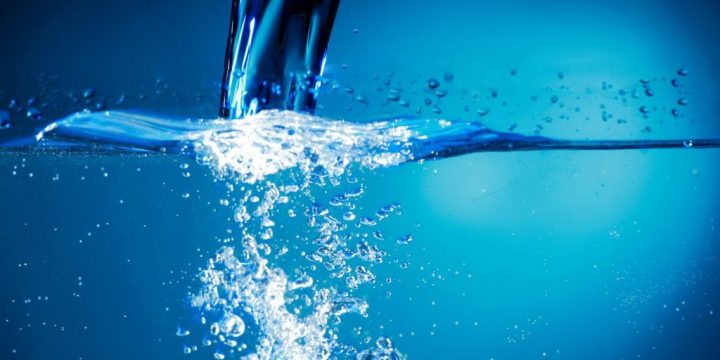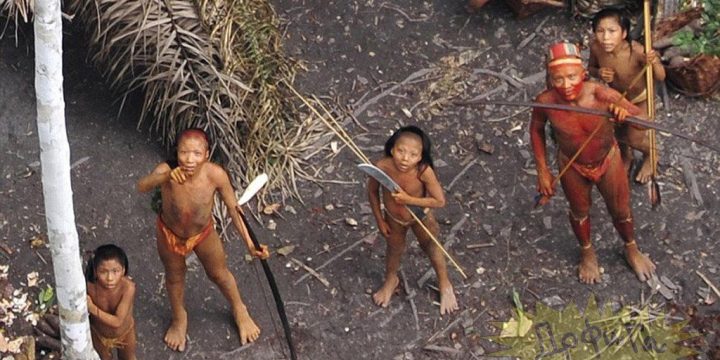
A Modern World Blindsided by Invisible Enemies
In the late 20th and early 21st centuries, humanity encountered a stark reminder: global progress in science, technology, and connectivity does not guarantee immunity from pandemic risks. Despite advances in public health infrastructure, rapid communication, and medical research, societies around the world were, in many ways, unprepared. The sudden emergence and spread of viruses like SARS, H1N1, Ebola, and ultimately COVID-19 exposed critical vulnerabilities in systems we believed were robust. COVID-19, in particular, was a wake-up call. What started as a regional outbreak became a global crisis in a matter of weeks. The speed at which the virus spread caught governments, institutions, and individuals off guard, forcing decision-makers into reactive mode. Lockdowns, overwhelmed hospitals, and supply shortages became the new normal. It was a moment of sobering clarity: global interconnectedness,…






